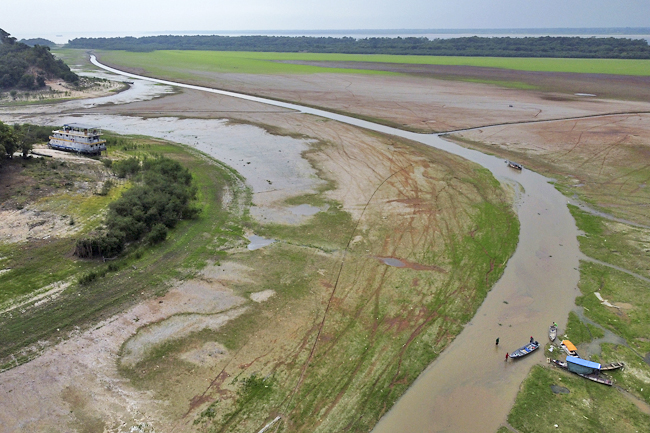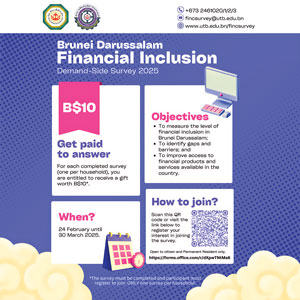AP – Much of Earth’s lands are drying out and damaging the ability of plant and animal life to survive, according to a United Nations (UN) report released on Monday at talks where countries are working to address the problem.
The report was released at the UN summit in Riyadh, Saudi Arabia on combating desertification – once-fertile lands turning into deserts because of hotter temperatures from human-caused climate change, lack of water and deforestation. It found that more than three-quarters of the world’s land experienced drier conditions from 1970 to 2020 than the previous thirty-year period.
“The drier climates now affecting vast lands across the globe will not return to how they were,” said chief of the United Nations Convention to Combat Desertification Ibrahim Thiaw. “This change is redefining life on Earth.”
At the talks, which started last week and are set to end tomorrow, nations are discussing how better they can help the world deal with droughts – a more urgent lack of water over shorter periods – and the more permanent problem of degrading land.
EARTH’S DRYING COMES WITH DEVASTATING EFFECTS
If global warming trends continue, nearly five billion people – including in most of Europe, parts of the western United States (US), Brazil, eastern Asia and central Africa – will be affected by the drying by the end of the century, up from a quarter of the world’s population today, the report warned.
UNCCD’s chief scientist Barron Orr warned drier land could lead to “potentially catastrophic impacts affecting access to water that could push people and nature even closer to disastrous tipping points,” where humans are no longer able to reverse damaging effects of climate change.




One of the report’s lead authors Sergio Vicente-Serrano said that as the atmosphere heats up because the burning of coal, oil and gas spews planet-warming emissions, it leads to more evaporation on the ground. That makes water less available for humans, plants and animals, making it harder to survive.
Farming is particularly at risk, with drier land being less productive and hurting both yields and the availability of food for livestock, the report said. That can lead to food insecurity for communities worldwide.
Aridity also leads to more migration, because erratic rainfall, degrading land and frequent water shortages make it harder for regions or nations to develop economically, the report said. It said the trend is especially noticeable in some of the world’s driest areas such as southern Europe, the Middle East and North Africa and southern Asia.
ADDRESSING THE PROBLEM AT UN TALKS – SLOWLY
Negotiators in Riyadh are mainly discussing how best the world can respond to more frequent and damaging droughts.
Jes Weigelt, of European climate thinktank TMG, said it’s still a sticking point because countries can’t agree on whether rich nations should be forking out funds for drought responses around the world.
Any money pledged would go toward better forecasting and monitoring systems as well as creating reservoirs and other structures that can provide access to water even during prolonged dry spells.
“The big contentious issue is do we do this (drought response) through a binding UN-level protocol or are there other options,” Weigelt said. A binding protocol would mean that among other obligations, developed countries might be asked to provide funding.
Thiaw, the UNCCD chief, said that hosts Saudi Arabia pledging USD2.15 billion from various countries and international banks for drought resilience has set the right tone for the meetings. And the Arab Coordination Group – 10 development banks based in the Middle East – committed USD10 billion by 2030 to address degrading land, desertification and drought.
The funds are expected to support 80 of the most vulnerable countries prepare for worsening drought conditions.
But the UN estimates that between 2007 and 2017, droughts cost USD125 billion worldwide.
“As hosts, our primary objective is to help facilitate the critical discussions taking place,” said Saudi Arabia’s Deputy Environment Minister and an advisor to the talks’ presidency Osama Faqeeha. “These crises know no borders.”







